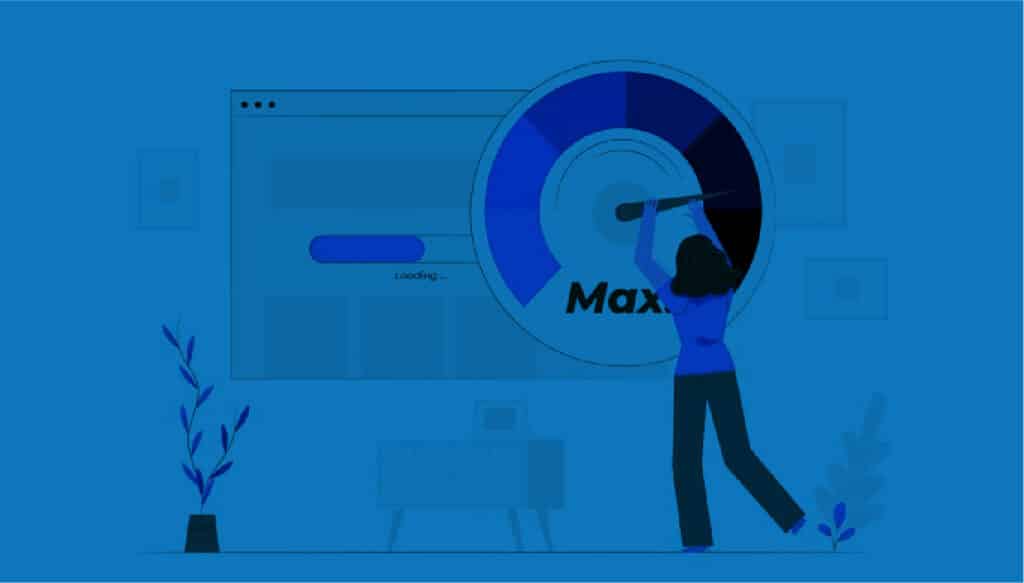Title and Tag Optimization for Enhanced SEO
Title tags and meta descriptions play a crucial role in your website’s visibility in search engines, which can translate to increased organic traffic and ultimately improved online performance through effective SEO (Search Engine Optimization). In this article, we will explore best practices for optimizing your titles and tags with the goal of enhancing your SEO.
Title Optimization for SEO:
Titles, also known as header tags, are HTML elements that define the header of a page. They are typically used to emphasize important sections of your content. Titles are organized in a hierarchical structure, from H1 (the main title) to H6 (a lower-level title). Here are some tips for optimizing your titles for SEO:
Use relevant and descriptive titles for SEO: Titles should accurately reflect the content of the page. They should be clear and descriptive so that search engines and visitors immediately understand what the page is about from an SEO perspective.
Prioritize your titles for SEO: Use a consistent hierarchy for your titles, where H1 is the main page title, followed by H2, H3, and so on. This helps structure your content logically and facilitates user navigation, which is a significant aspect of SEO.
Incorporate keywords for SEO: If relevant, include keywords in your titles. However, avoid keyword stuffing, as Google penalizes excessive keyword usage, negatively affecting your SEO efforts.
Maintain the right length for SEO: Overly long titles may get truncated in search results, so it’s advisable to keep your titles between 50 and 60 characters for better SEO performance.
Provide valuable content for SEO: Catchy titles attract visitors, but high-quality content is what keeps them on your site. Ensure that your titles correspond to the content they offer, a crucial component of SEO optimization.
Meta Tags Optimization and Their Impact on SEO:
Meta tags are snippets of text that appear in the source code of a web page but are not visible to visitors. Nevertheless, they are essential for search engines and SEO. Here are some guidelines for optimizing your meta tags and their role in SEO:
Title Meta Tag for SEO: This tag defines the page title that will be displayed in search results. Ensure it is relevant, concise, and engaging for SEO purposes. It should contain important keywords that can boost your SEO efforts and not exceed 60 characters.
Description Meta Tag for SEO: Although it doesn’t directly impact ranking, the description meta tag provides a summary of the page’s content and can positively affect user engagement and SEO. It should be informative, engaging, and contain keywords for SEO. Limit its length to around 160 characters.
Keyword Meta Tags and Their Impact on SEO: While not as relevant as they used to be, keyword meta tags can still be used for SEO. Include specific keywords related to the page’s content, but avoid excessive use for better SEO results.
In conclusion, title and tag optimization is an essential aspect of on-page SEO. By following best practices and customizing your titles and tags for each page, you can enhance your visibility in search engines, increase organic traffic to your website, and ultimately improve your SEO performance. Keyword research, continuous monitoring, and testing are critical for maintaining and improving your title and tag optimization efforts and overall SEO strategy. As search engines evolve, title and tag optimization remains a vital SEO strategy for online success.
Certainly! A key piece of advice for optimizing titles and tags for SEO is to always put yourself in the shoes of your target audience. Think about what they would search for and what would make them click on your search result. Tailor your titles and meta descriptions to be both informative and appealing, with a focus on the keywords that are most relevant to your content. This user-centered approach not only improves your search engine rankings but also enhances the user experience, leading to better engagement and results. Additionally, stay updated with SEO trends and best practices, as search engine algorithms evolve, so that your optimization efforts remain effective over time.



